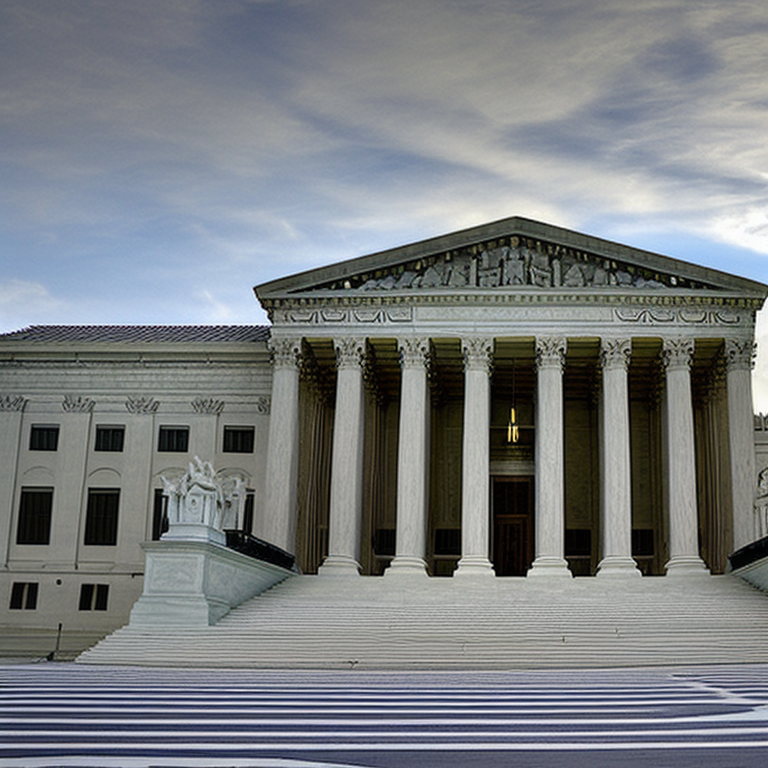

The Supreme Court’s recent ruling raises pertinent questions about acknowledging legal advancements in post-conviction challenges. The verdict, favoring the conviction of a federal prisoner, Marcus Jones, adds a considerable layer of complexity for other federal inmates wishing to question their sentences in light of subsequent legal shifts.
Implications for Federal Inmates
This decision potentially erects barriers for numerous inmates hoping to bring forward collateral challenges to their convictions and sentences after exhausting their direct appeals. It brings into focus the judiciary’s approach to evolving legal interpretations impacting existing sentences.
The Case at Hand
Jones was convicted in 2000 on two counts of being a felon in possession of a firearm and making false statements to acquire a firearm. Despite claiming his belief that his previous felony record had been cleared, the jury wasn’t directed to determine Jones’s awareness of his felon status. This oversight led to a 387-month sentence for Jones.
Jones’s Legal Struggle
After an unsuccessful 2255 motion to challenge his original conviction in 2002, Jones found a legal precedent in the 2019 Supreme Court decision, Rehaif v. United States. This ruling necessitated the government to prove the defendant’s awareness of their felon status for a conviction, which Jones utilized to contest his felony possession charge. However, his efforts met with rejection in lower courts.
Supreme Court’s Stand
The Supreme Court, siding with the lower courts, emphasized the limitations under section 2255 for launching second or successive collateral attacks on sentences. Justice Clarence Thomas’s majority opinion argues that an inability to fulfill these conditions means the prisoner cannot introduce the claim at all, citing Congress’s preference for finality over error correction.
Dissent within the Court
Justices Sonia Sotomayor and Elena Kagan jointly penned a dissent, warning against the disturbing implications of the majority’s viewpoint. They contended that an innocent prisoner cannot be barred from contesting his conviction merely because he had previously sought postconviction relief.
Justice Ketanji Brown Jackson, in her separate dissent, highlighted the importance of the Rehaif case in changing the scope of a criminal statute, arguing for its retroactive application to cases like Jones. She expressed concerns over the majority’s approach towards the potential incarceration of legal innocents.
Unpacking the Verdict’s Implications
This case underscores the necessity of considering evolving legal interpretations in post-conviction challenges. The Supreme Court’s decision in this instance appears to bypass this crucial aspect, thereby sparking a debate on the rights of prisoners and the flexibility of the legal system.